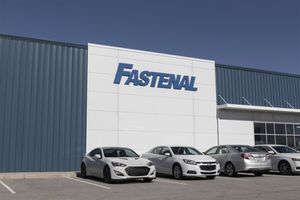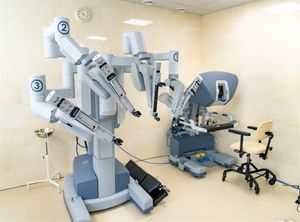
SPONSORED CONTENT -- (StatePoint) Lung cancer is the leading cause of cancer death in the United States. While early detection can vastly improve a patient’s chances to lead a full and healthy life, the majority of those who are high risk are not getting screened.
The American Lung Association, which is committed to defeating lung cancer and supporting those with the disease, is sharing vital information to help more people learn their risk and connect them to screenings and other life-saving resources:
Preventable Deaths
According to the 2022 “State of Lung Cancer” report, a mere 5.8% of Americans eligible for a low-dose computed tomography (CT) scan were screened. A low-dose CT scan is a special kind of X-ray that takes multiple pictures as the patient lies on a table that slides in and out of the machine. A computer then combines these images into a detailed picture of the lungs. Studies estimate that if even just half of the approximately 8 million Americans identified as high risk for lung cancer were screened with a low-dose CT scan, over 12,000 lung cancer deaths could be prevented. In fact, since low-dose CT scans started to be used for screening, it has reduced cancer deaths by 20% and it has reduced deaths from other causes by almost 7%.
Risk Eligibility
Many people who are at risk for lung cancer and are eligible for screening are not identified and are not referred for screening. Under the most recent lung cancer screening guidelines, those ages 50-80 who have a 20 pack-year smoking history or who have quit smoking in the past 15 years should get screened for lung cancer.
The American Lung Association offers a helpful tool for determining your eligibility for screening, found at www.SavedByTheScan.org.
Eliminating Racial Disparities
It is especially important for Black men and women to speak to their health care provider about their risk and get screened if necessary, as they are more likely to develop lung cancer and less likely to survive five years with the disease than people of any other racial or ethnic group.
Research suggests that Black Americans have a higher baseline risk for developing lung cancer -- Black American smokers get lung cancer at least 20% more often than other people who smoke. Furthermore, systemic racism and injustices and issues continue to persist in the healthcare system, and Black people and other communities of color are less likely to be diagnosed early, less likely to receive surgical treatment, and more likely to not receive any treatment at all.
Fighting Barriers
Despite the fact that lung cancer screening is extremely effective at improving life expectancy and has the potential to dramatically improve lung cancer survival rates, many patients are not getting screened, even when they have a referral from their doctor to do so. The reasons for low screening adherence range from practical concerns, such as financial and transportation barriers, to more elusive issues like distrust of the medical system and lack of awareness regarding the seriousness of the disease.
Emerging resources are helping eliminate these barriers and are making it easier for people to assess their screening eligibility, locate screening centers, schedule appointments, and receive financial assistance if they don’t have insurance or transportation. Free tobacco cessation resources and other lung health resources also exist to help people to reduce their risk. To learn more, visit www.lung.org/lung-health-diseases.org or speak directly to a nurse or respiratory therapist by calling the Lung HelpLine at 1-800-LUNG-USA.
When lung cancer is detected and treated in its earliest stages, more positive outcomes can be expected. That’s why it’s so important that everyone learns their risk and connects to resources to help them get screened.
Photo Credit: (c) monkeybusinessimages / iStock via Getty Images Plus







